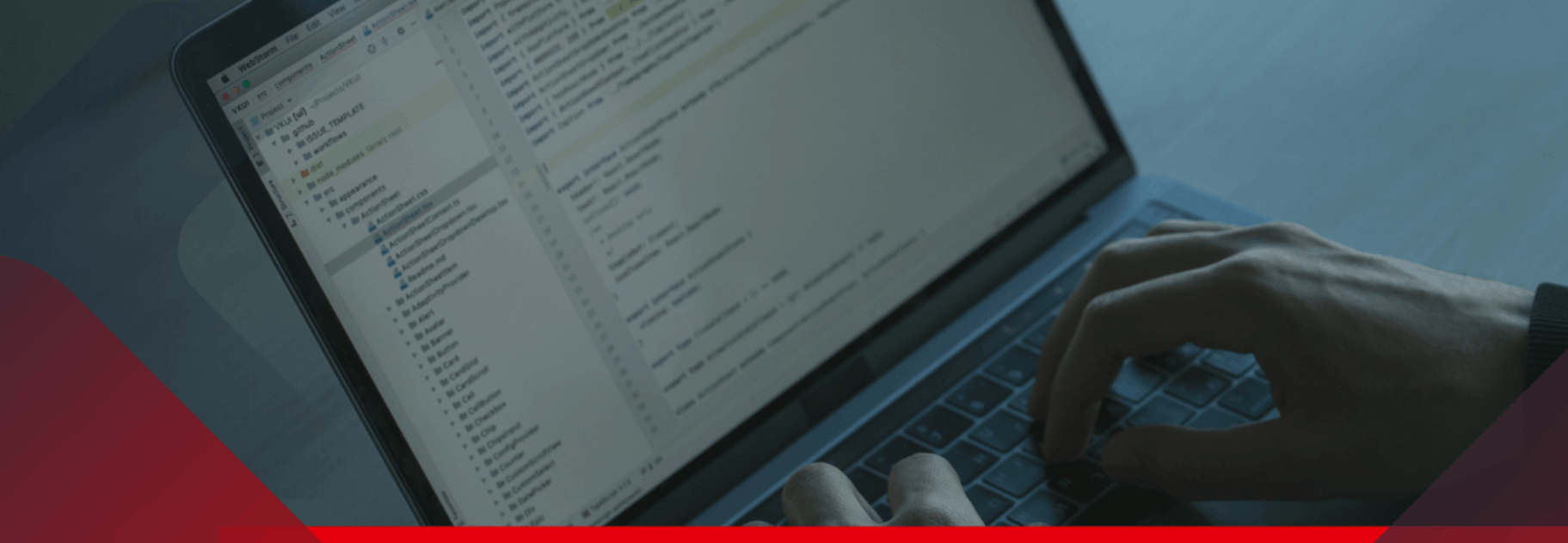Кібербезпека: як не стати жертвою кіберзлочинців
Today, you will not meet a person in Ukraine who would not feel inconvenienced by the regular lack of electricity, and with it, the disconnection of the Internet. Co-working spaces, cafes, gas stations, subway, points of invincibility – this is a far from complete list of locations where Ukrainians are forced to work in order to ensure their uninterrupted work activities. But at the same time, many of us may not even suspect that cyber security is present in such places.
So, how to protect yourself in the virtual world and not become a victim of cybercriminals while working in unfamiliar places – here are some basic tips:
Connection
When connecting to corporate resources, use secure communication methods, for example, HTTPS or VPN (Virtual Private Network – virtual private network) – it's a secure tunnel between your device and the end resource. They protect your traffic from tracking and third-party interference.
Work computer
Never leave a computer unattended, and even more so in an unlocked form with open accounts in social networks and mail services on a working computer. Try to place the computer in such a way as to minimize the possibility of eavesdropping. Do not connect unfamiliar flash drives to the computer, and if you still need to do it – always scan them with antivirus programs. A virus infection of your computer can destroy important documents, as well as transfer to interested parties your personal data and all your actions that you perform on your computer. Also remember, if you work with flash drives, keep an eye on them so that you do not forget them in unfamiliar places or that no one takes them.
Passwords
Passwords for computers, mail, social networks, online banking should be complex and different, so that even when entering it in public places, it does not consist of pressing the same key. It is not safe to use the same password or modified versions of it for all accounts. When creating passwords, use different characters: upper and lower case letters, numbers and symbols, and set the length to at least 10 characters.
Two-step authentication
Each of us is an active user of e-mail and social networks. We link our accounts in social networks, personal bank accounts and other important accounts to mail. But few people understand that after gaining access to e-mail or social networks, attackers begin to completely follow your actions. Therefore, it is extremely important to enable two-step authentication. During two-step authentication for entering an e-mail or social network, the system will ask you not only for the password specified during registration, but also for a personal confirmation code that will be sent to your phone. This is not always convenient and will take a little more of your time to go to mail or social networks, but it will allow you to protect yourself from cybercriminals.
Link
Continuing on the subject of email, it's worth paying attention to the emails you receive, especially those that contain links or attachments. When working in public places, an attacker can spy on your email address. Remember, never follow links or download files if you have even the slightest doubt. Today, you can easily create a mailbox whose address will be similar to the e-mail address of your manager, colleague, or anyone with whom you have already corresponded and whom you trust. A small difference in one character is difficult to notice immediately, and the consequences can be fatal. If possible, try to clarify the authorship of letters by phone or in any other way.
Webcam and microphone
Attackers can gain access to the webcam and microphone remotely, by bypassing authentication thanks to a "backdoor" or other special programs. Therefore, it is better to close the laptop webcam and turn off the microphone in the operating system settings. Turn it on only if necessary. Also, do not give access to the microphone or camera to questionable resources. When meeting online, speak a minimum amount of information in public places, and use closed places for confidential conversations.




